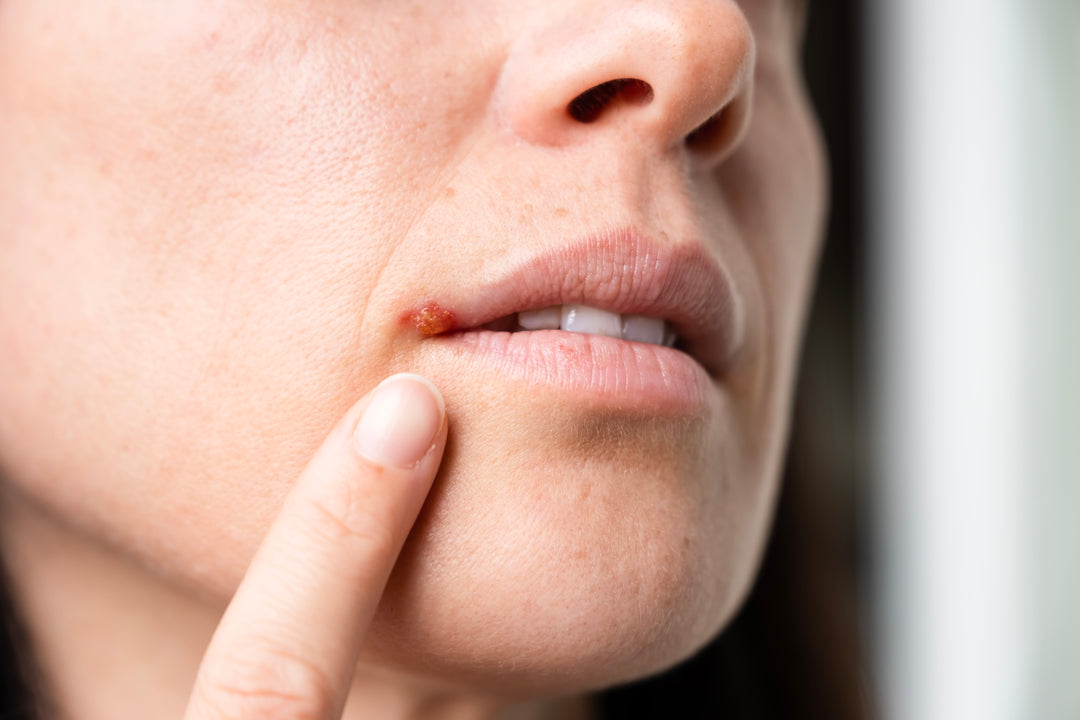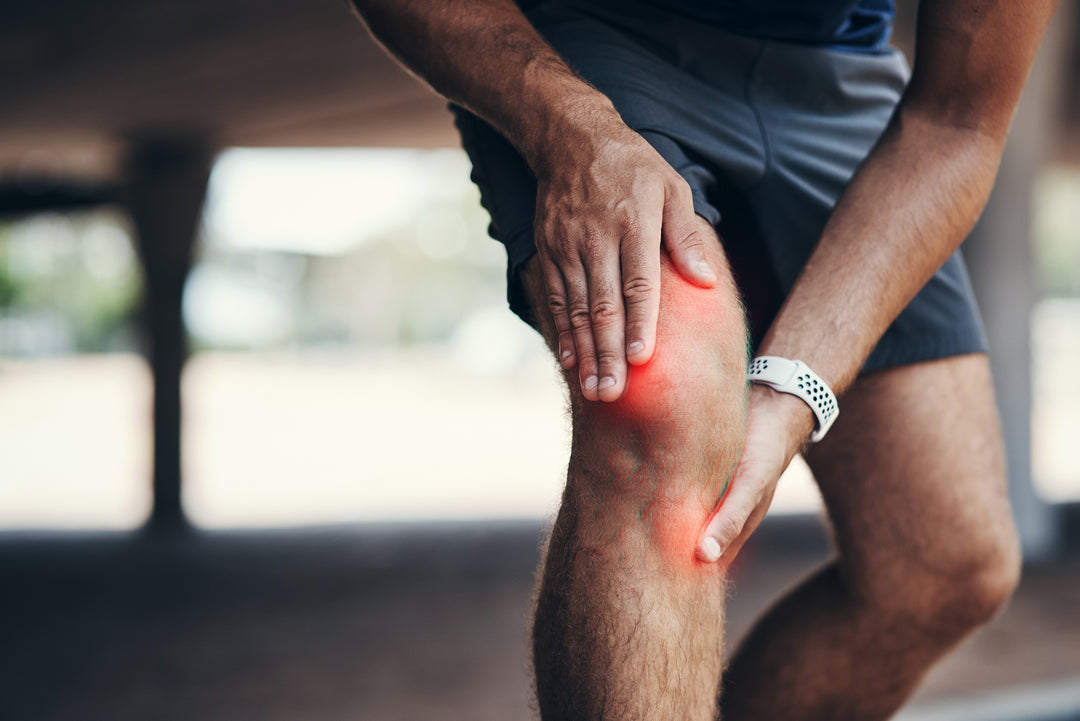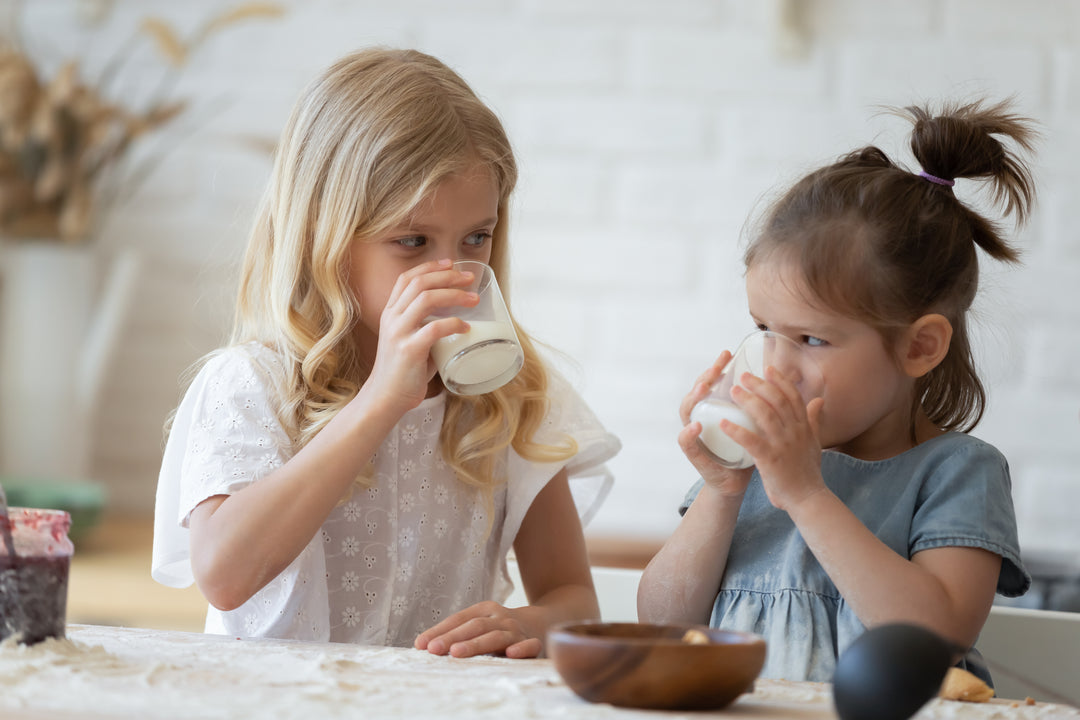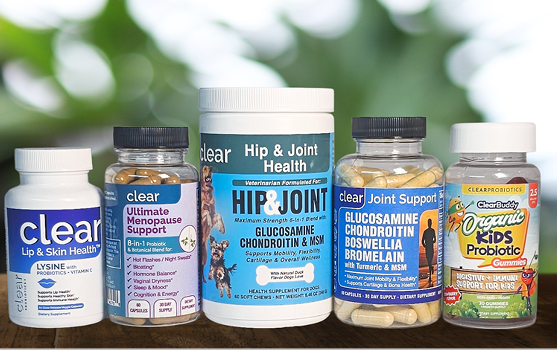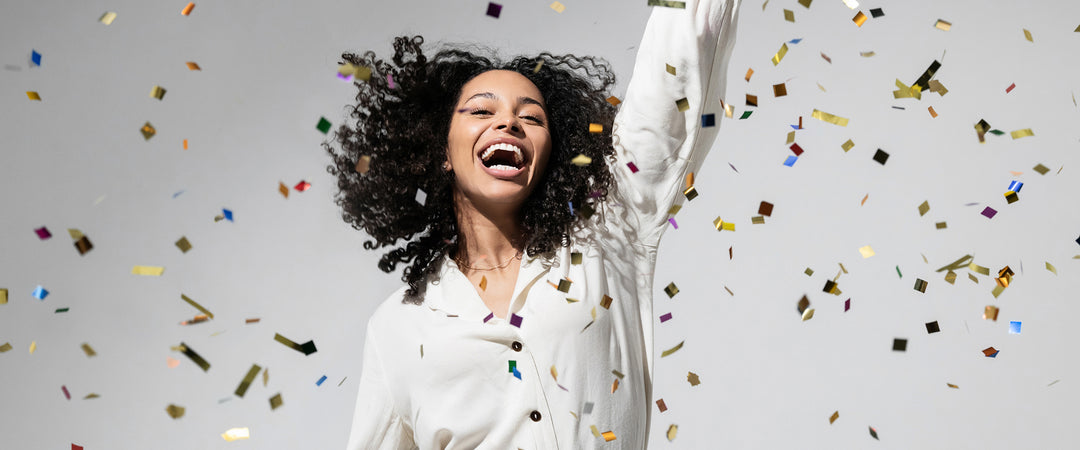What Are the Best Herbal Supplements for Anxiety?
Anxiety is a normal emotion that we all experience when faced with a stressful or dangerous situation. But for some people, anxiety can become so overwhelming that it interferes with their daily lives. If you suffer from anxiety, you may be curious what are the best herbal supplements for anxiety.
Herbal supplements are becoming popular for reducing anxiety symptoms. These are natural products that have been used for centuries to help relieve stress and promote relaxation. If you find yourself feeling constantly on edge and no treatment seems to work, why not give herbal supplements a try?
Anxiety can have a big impact on your quality of life. For people who are averse to pharmaceutical therapies, herbal supplements present a soothing alternative. What are the best herbal supplements for anxiety?
Table of Contents
What Are The Best Herbal Supplements for Anxiety?
If you suffer from anxiety, you're not alone. In fact, anxiety disorders are the most common mental illness in the United States, affecting 40 million adults. While there are many pharmaceutical options available to treat anxiety, some people prefer to seek out natural remedies.
Herbal supplements are a popular choice for those looking for a more holistic approach to managing their anxiety.
There are many herbal supplements that claim to help with anxiety, but it can be hard to know which ones actually work. If you're looking for an herbal supplement to help with anxiety, here are a few that have been shown to be effective in scientific studies.
1. Probiotics
Probiotics help maintain healthy gut bacteria and balance cortisol and serotonin for improved sleep and optimum mental health. It also helps promotes clear thinking, increased brain function, and overall cognitive health.
2. Lavender
The flowering plant known as lavender has long been known for its distinct purplish color and its pleasant scent, both of which are used in cooking, aromatherapy, and cosmetic products. Lavender oil is a popular choice for aromatherapy, as it has been thought by ancient people to have calming benefits. Research has shown this to be true.
Two randomized control trials, one published in 2010 and the other in 2014, show that a preparation of lavender oil called Silexan is just as effective as Lorazepam (benzodiazepine) and Paroxetine (an SSRI) which are both used in the treatment of general anxiety disorder (GAD).
3. Chamomile
Chamomile is the common name for several daisy-like plants cultivated for their flowers that are dried and brewed to make tea.
Chamomile tea has long been used to treat anxiety and now it’s gaining recognition from the scientific community.
One study found that chamomile tea reduced anxiety in people who were taking a stressful exam.
Another study found that chamomile capsules were effective in reducing anxiety in pregnant women.
4. Valerian
The root of the valerian plant has been used to treat insomnia and anxiety. Two of its active compounds have been shown to have a calming and sedating effect on the nervous system.
While studies have shown that some forms of Valerian Root can reduce anxiety and stress, other studies have shown no effect. A 1,800 mg dose, however, was found to worsen symptoms. The supplement is generally well tolerated, but it can cause headaches, heart palpitation, and stomach upset.
5. Lemon Balm
Lemon balm is an herb that can be found in capsules or as an herbal supplement. It can be added to tea or taken alone.
This ancient herbal remedy for easing anxiety and stress has been in use for centuries.
In addition to its calming and soothing properties, lemon balm has also been found to help with digestion and soothe a headache.
Several studies have shown that the herb not only relieves symptoms of stress but also improves mood.
6. Passionflower
Passiflora is a flowering vine native to the tropical Americas. The distinct color of its crown, which ranges from white to deep violet, is its main claim to fame. However, it is increasingly being recognized for its medicinal properties, especially as an alternative to pharmaceutical anxiety treatments.
A clinical trial published in 2001 in the Journal of Clinical Pharmacy and Therapeutics found that Passiflora extract was just as effective at treating GAD as the anxiolytic medication Oxazepam, but did not have the negative side effects associated with the latter.
How the List Was Built
When it comes to finding the best herbal supplements for anxiety, it can be tough to know where to start. After all, there are so many different options out there, and it can be hard to know which ones are truly effective.
Fortunately, we're here to help. This way, you can be sure that you're getting the most accurate and up-to-date information possible.
First and foremost, we only considered supplements that have been backed by science. In other words, we only included supplements that have been proven to be effective in clinical trials.
This is important because it ensures that the supplements on our list are actually going to help you reduce your anxiety. If a supplement hasn't been proven to work in a clinical setting, there's no way to know for sure whether or not it's truly effective.
 (Source)
(Source)
In addition to only considering supplements that have been backed by science, we also only considered supplements that are available over the counter. This is important because it means that you won't need a prescription to get your hands on these supplements.
Finally, we only considered supplements that are made from natural ingredients. This means that the supplements on our list are safe for you to take.
How to Take Herbal Supplements for Anxiety
Follow the instructions on the package as to how much and when to take the herbs. Some should be taken with meals, while others should be consumed at certain times of the day.
Some herbal remedies for anxiety and stress may take a few weeks to start working, so don’t be discouraged if you don’t notice a difference right away.
1. Probiotics
20 Billion CFUs of premium brain-boosting probiotics enhanced by Lion’s Mane mushroom and Ginkgo biloba promote clear thinking, increased brain function, and cognitive health. Take 2 Veggie Capsules daily.
2. Ashwagandha
Ashwagandha is available in capsule, powder, and tincture forms. It's typically taken twice daily, with food.
3. Chamomile
Having a sip of chamomile tea before bedtime is a relaxing ritual that probably helps many people fall asleep. If you don't like tea, chamomile is also available in pill form.
4. Passionflower
Passionflower is available in capsule, powder, and tincture forms. It's typically taken three times daily.
5. Valerian
Valerian is mostly taken in pill form due to its odd smell.
6. Kava
Kava is available in capsule, powder, and tincture forms. It's typically taken in pill form.
If you’re looking to treat anxiety, it’s best to avoid drinking alcohol, as kava has been shown to interact with it.
When taking any kind of herbal medicine, it's best to start with a small dose and gradually increase it over time. You should also consult your doctor first, as some herbs can interfere with certain prescription medications.
I believe herbal remedies for anxiety disorders can help, but most likely it is one of many things that you do to help keep your anxiety disorder under control.
Most herbal remedies aren’t magic pills. Make sure you are still seeing a therapist, talking to a doctor, and trying out other relaxation techniques like meditation and hypnosis.
Who Should Take These Supplements
Anyone who struggles with anxiety knows that it can be a debilitating condition. The anxious thoughts and physical symptoms can make it hard to function in day-to-day life.
While there are many different treatments for anxiety, some people may find that herbal supplements can be helpful in managing their symptoms. There are a number of different herbs that have been traditionally used for anxiety.
If you are considering taking an herbal supplement for anxiety, it is important to speak with your healthcare provider first. Herbal supplements can interact with other medications you may be taking, and they may not be suitable for everyone.
In general, however, herbal supplements can be a safe and effective way to manage anxiety for many people.
What Are The Best Herbal Supplements for Anxiety and Panic Attacks?
Anxiety is a normal part of life. We all feel it from time to time. But for some, anxiety can be a constant, overwhelming feeling that can interfere with everyday life.
If you're one of the millions of people who suffer from anxiety, you're probably looking for ways to reduce your symptoms. While there are many treatments available, including medication and therapy, you may also want to try natural remedies.
Herbal supplements are a popular choice for people with anxiety. They're generally considered safe and may be more effective than some prescription medications.
What are the best herbal supplements for anxiety and panic attacks?
Turmeric
Turmeric, an herb long used for its anti-inflammatory properties, has now been found to treat both anxiety and depression.
Much like its cousin ginger, turmeric has yellow flesh and is used as a natural anti-inflammatory.
Turmeric, which is one of the main ingredients in curry, has especially potent anti-inflammatory properties and these have been found to help alleviate stress-induced anxiety disorders.
The turmeric root is a beneficial addition to any smoothie or food and is soothing for the digestive tract. For the anxiety-reducing benefits, you should take a supplement of 80 to 500 mg of standardized, 95 percent pure, 95 to 100 percent bioavailable, and 20 to 40 times more potent than raw, dried, or ground powder.
Pregnant women can safely use both turmeric and curcumin as seasonings but should avoid them while nursing. If you have iron-deficiency anemia, avoid both.
Reishi Mushroom
Reishi is a type of herb that helps us adapt to stress by regulating our adrenal response. It allows us to deal with our everyday stressors in a healthy way. They stimulate the adrenal glands which regulate the body’s response to stress.
This medicinal mushroom is particularly helpful in reducing feelings of anxiety and stress and is especially useful in helping you sleep when anxious. This is safe to take while nursing.
The recommended dosage is 3 to 9 grams in capsule or tablet form or 2 to 4 milliliters 2 to 3 times per day. Or, add it to your morning hot cocoa for some extra soothing.
Chasteberry
If your monthly cycle of hormones makes you anxious, consider taking Vitex (also called chaste berry). This herb has been used to treat a variety of menstrual issues, including premenstrual syndrome (PMS).
Motherwort is another herb you can combine with Vitex for relief from menstrual pain. Take a 180mg Vitex capsule twice a day or 3-5ml in tincture form.
FAQs About What Are the Best Herbal Supplements for Anxiety
What is the most effective herb for anxiety?
There is no definitive answer to this question as different herbs work differently for different people. Some of the most popular herbs for anxiety include chamomile, lavender, passionflower, kava, and valerian root.
What natural supplements help with anxiety?
- Ashwagandha
- Chamomile
- Valerian
- Lavender
- Galphimia glauca
- Passionflower
- Kava kava
- Cannabidiol
What herb or vitamin is good for anxiety?
According to research, food supplements such as magnesium, vitamin D, saffron, Omega-3, chamomile, L-theanine, vitamin C, curcumin, CBD, and multivitamins may help reduce anxiety symptoms.
What supplements help anxiety immediately?
- Vitamin D
- Vitamin B complex
- Magnesium
- L-theanine
- Multivitamins
- Omega-3
- Valerian root
Conclusion
If you're looking for what are the best herbal supplements for anxiety, we hope our list has been helpful.
Remember, it's always a good idea to speak with your doctor before taking any new supplements, especially if you have other health conditions or are taking medication.


